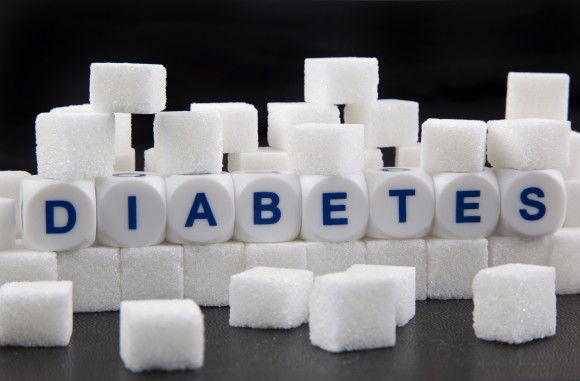Health
Diabetes may be an early warning sign for pancreatic cancer

London, Jan 30: The onset of diabetes, or a rapid deterioration in existing diabetes that requires more aggressive treatment, could be a sign of early, hidden pancreatic cancer, warns a new study.
The findings are based on an analysis linking nearly a million patients with Type-2 diabetes in Italy and Belgium with recorded cases of pancreatic cancer.
Half of all pancreatic cancers cases in the two regions were diagnosed within one year of patients being diagnosed with Type-2 diabetes and being given their first prescription to control it, said Alice Koechlin from International Prevention Research Institute in Lyon, France.
"In Belgium 25 per cent of cases were diagnosed within 90 days and in Lombardy (Italy) it was 18 per cent. After the first year, the proportion of diagnosed pancreatic cancers dropped dramatically," she said.
Among patients who already had Type-2 diabetes and were managing it with oral anti-diabetic drugs, the switch to incretins (metabolic hormones that stimulate the pancreas to produce more insulin to lower blood glucose levels) or insulin happened faster among diabetic patients who were subsequently diagnosed with pancreatic cancer.
In addition, a deterioration in their condition that necessitated them being switched to more aggressive anti-diabetic therapy with injections of insulin was associated with a seven-fold increased risk of being diagnosed with pancreatic cancer, the study said.
"There is currently no good, non-invasive method for detecting pancreatic cancer that is not yet showing any visible signs or symptoms. We hope that our results will encourage the search for blood markers indicating the presence of pancreatic cancer, which could guide decisions to perform a confirmation examination like endoscopy," Koechlin said.
Pancreatic cancer is one of the most lethal cancers, partly because it is difficult to detect at an early stage and because there are few effective treatments for it. Less than one per cent of people live for ten or more years after a diagnosis.
The research was presented at the ongoing European Cancer Congress 2017 held in Amsterdam, the Netherlands.



































